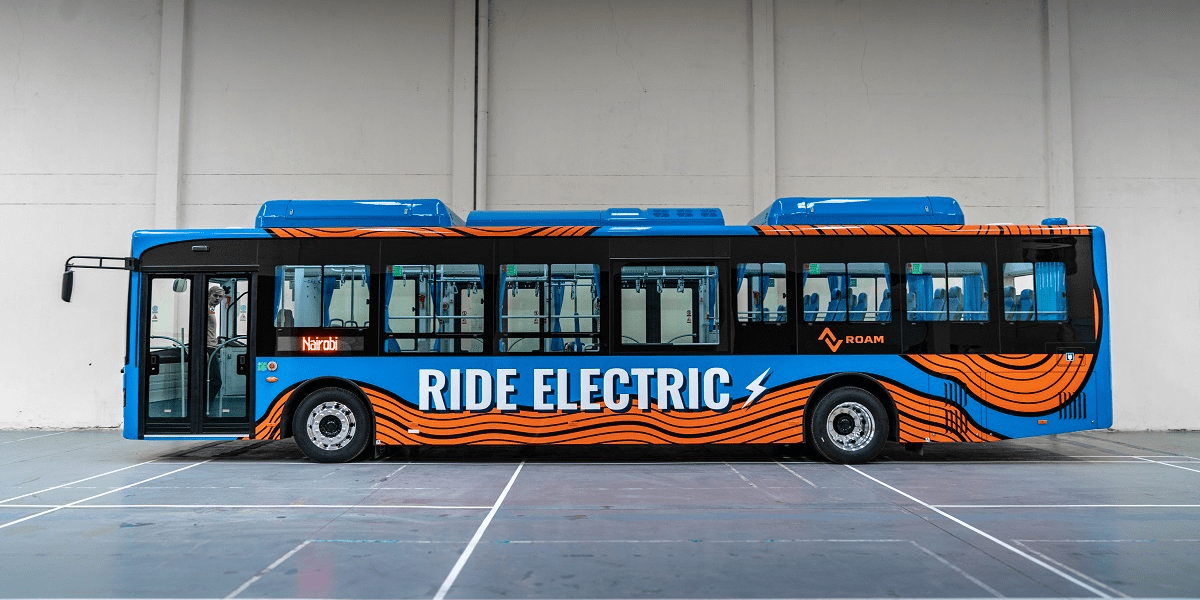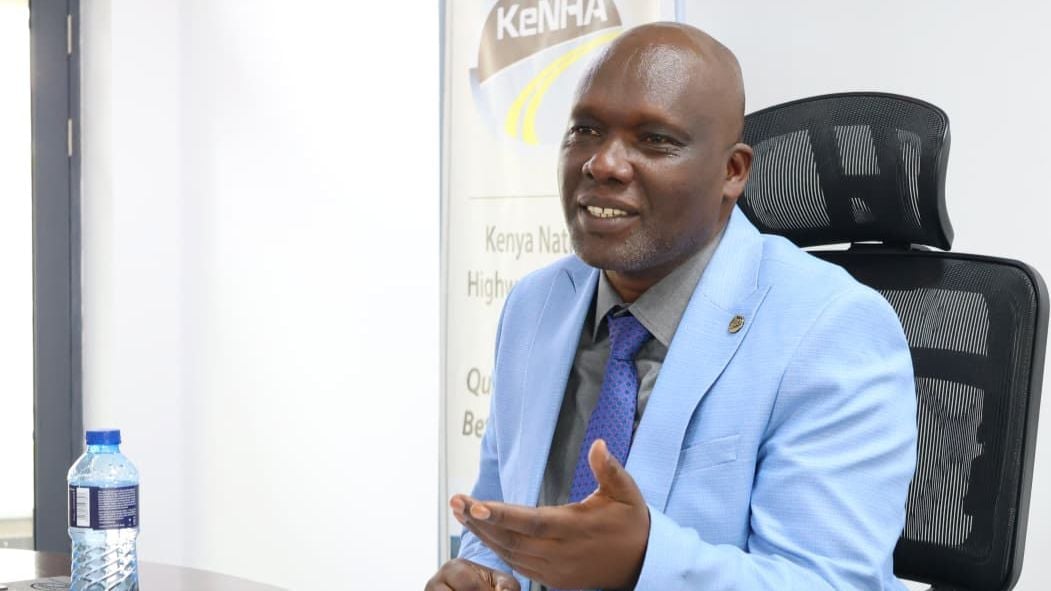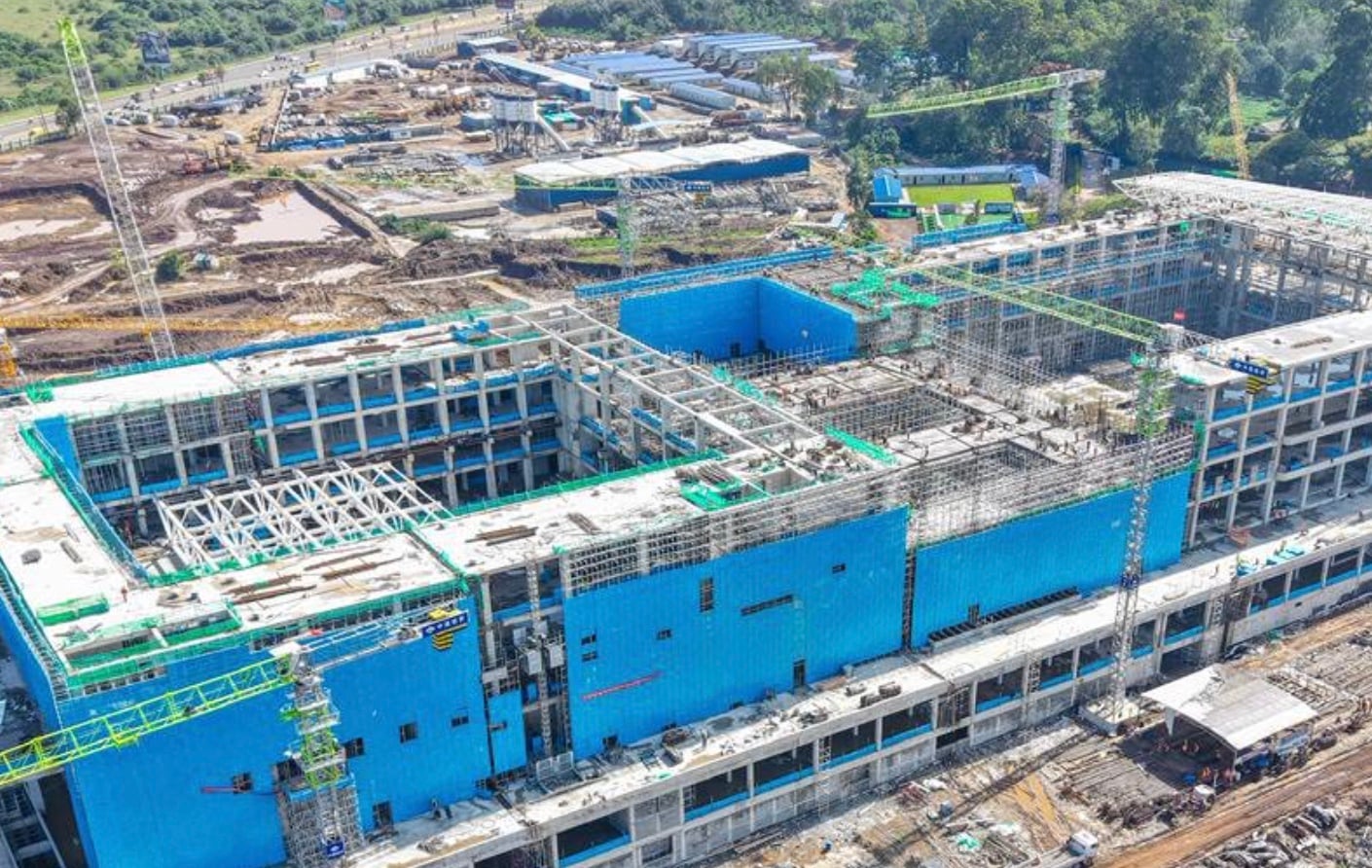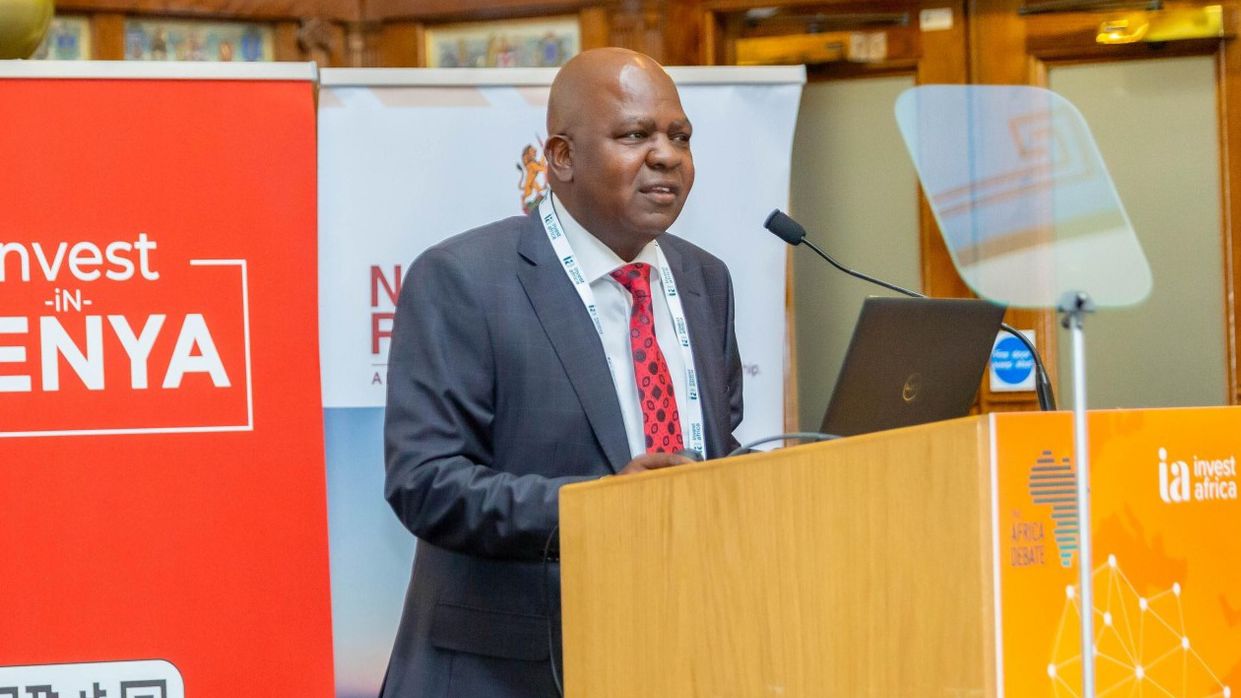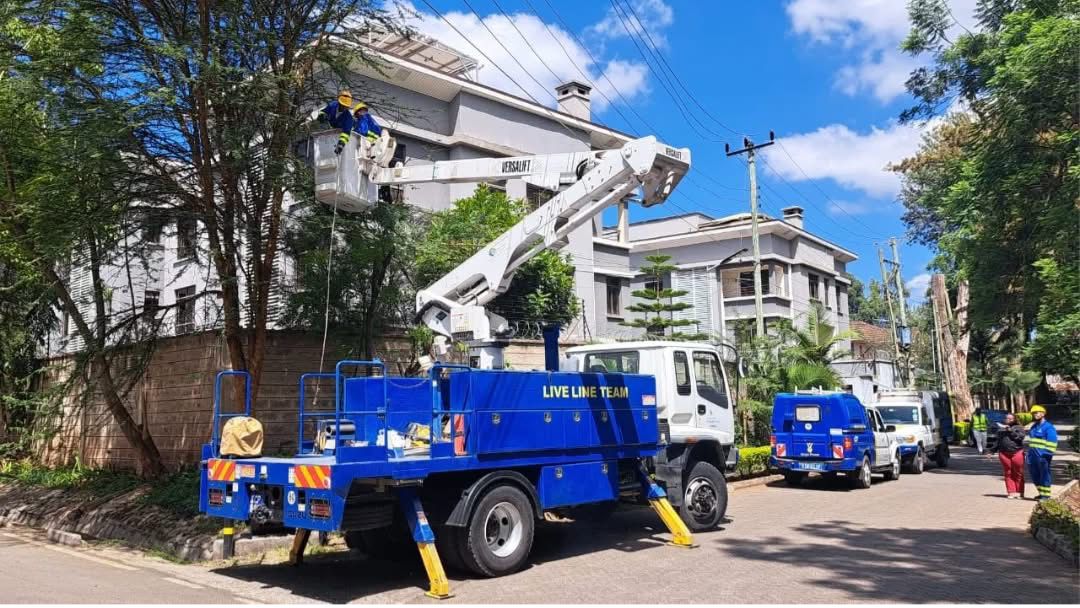UK government announced a new round of funding to President William Ruto's administration in a bid to modernize Kenya's public transport sector and tackle climate change.
Prime Minister Rishi Sunak's administration announced the allocation of Ksh765 million towards the building of electric buses in the country.
The UK directed President Ruto's administration to use the money to 100 manufacture electric buses in the country.
According to UK High Commissioner to Kenya Neil Wigan, electric buses will replace fuel-powered ones which have become expensive to maintain and are among the leading environmental polluters.
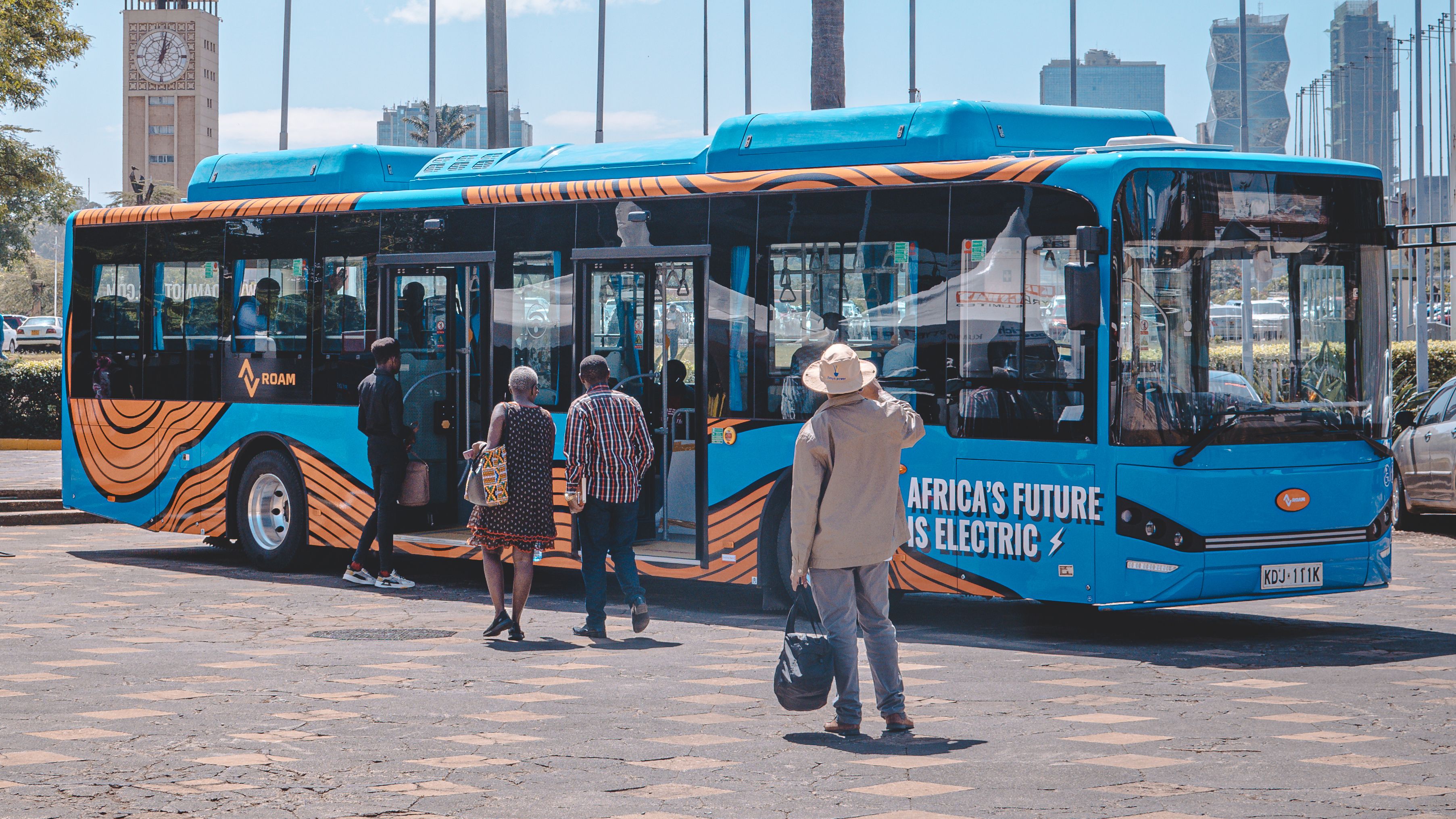
Read More
"Ksh765 million ($5m) will go towards the manufacture of 100 electric buses – in Kenya - that will meet Kenyan’s demand for affordable but clean public transport. As they replace diesel-powered polluters, they will stop 5,000 tonnes of CO2 entering the atmosphere every year," a statement released by the UK government read in part.
Ruto's administration had already started introducing incentives to encourage the uptake of electric vehicles. Before taking over the instruments of power, Ruto announced plans to introduce tax incentives in the sector and increase infrastructure in the country.
“We will roll out electric vehicle charging infrastructure in all urban centres and along major highways,” Ruto stated.
"We will provide financial and tax incentives for public service vehicles and commercial transporters to convert to electric vehicles," he added.
Currently, Kenya is making strides towards fully achieving 100% clean energy utilization in line with Vision 2030. Statistics from the Energy and Petroleum Regulatory Authority (EPRA) show that there are over 350 electric vehicles on Kenyan roads.
Besides funding the acquisition of electric buses, the UK also pledged to remit Ksh321 million to help in setting up of solar-powered irrigation system.
"Ksh321 million ($2.1m) will provide solar-powered and water-efficient irrigation systems to 9,000 farmers in Kenya, which will help to increase farmers' income as well as build their resilience and adapt to the impact of climate change. The upfront cost of the irrigation systems will also be reduced by 25-40% through an innovative carbon credit facility, making the systems more affordable for farmers," the statement added.
